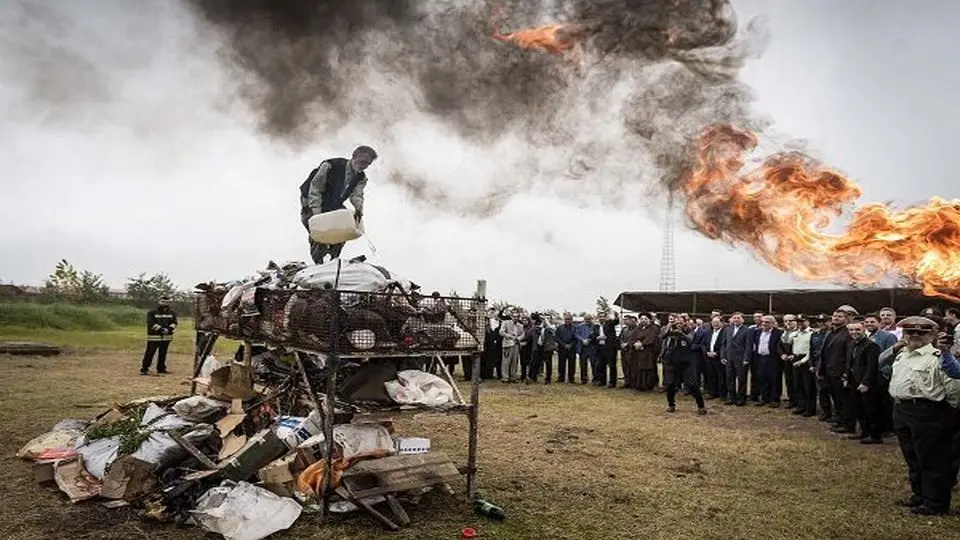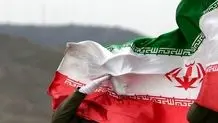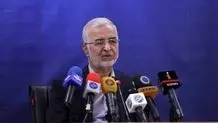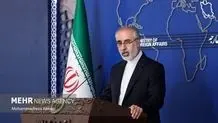Iran spare no effort to counter narcotics, drug-related crime
Sacrificing 3,800 martyrs over the past four decades and dismantling 1,700 drug gangs in 2022 shows the Islamic Republic plays an instrumental role at the global level in drug-control campaigns.

MEHR: Sacrificing 3,800 martyrs over the past four decades and dismantling 1,700 drug gangs in 2022 shows the Islamic Republic plays an instrumental role at the global level in drug-control campaigns.
The International Day against Drug Abuse and Illicit Trafficking, or World Drug Day, is marked on 26 June every year to strengthen action and cooperation in achieving a world free of drug abuse. June 26 falls on Tir 3rd in the Iranian calendar.
The Islamic Republic of Iran remains one of the major transit routes for the trafficking of drugs from Afghanistan as well as the smuggling of precursors into it.
Iran has a 900-kilometer border with Afghanistan and has been used as the main conduit for smuggling Afghan drugs to narcotics kingpins in Europe.
Some 16 provinces of the Islamic Republic share borders with neighboring countries stretching to more than eight thousand kilometers.
If the Islamic Republic turns a blind eye to the transit of drugs for a moment, the drug tsunami will affect the whole world, especially the Western countries.
The reason is that the geographical location of Iran on the Balkan route, linking Afghanistan to Iran, then passing through Turkey, represents the shortest distance and most direct land route to European countries.
However, the Islamic Republic has been taking constructive steps in this regard in a manner that the United Nations Office on Drugs and Crime (UNODC) has praised the country’s efforts to fight against narcotics trafficking.
The organization has also officially announced that the world’s first place in the discovery of opium, heroin, and morphine belongs to Iran.
On June 28, 2020, Iran’s then-Permanent Representative to International Organizations in Vienna, Kazem Gharibabadi, termed the Islamic Republic a “flagbearer” in the fight against drugs worldwide.
“It is for many years that the Islamic Republic of Iran has been discovering and confiscating the largest amount of narcotics in the world under the condition that it has been subjected to the unilateral and illegal US sanctions and has not benefitted from the assistance of the international community,” he underlined.
He said Iran has a balanced, intelligent approach in the field of narcotics, noting that the country has put preventive measures and plans to raise awareness about the negative impacts of drug abuse on its agenda to reduce the demand for narcotics in society.
Also, in early January 2022 in a letter to the United Nations High Commissioner for Human Rights Michelle Bachelet on Saturday, Gharibabadi called on the international community to uphold its responsibilities in battling against the elements that compromise the peace, stability, and security of the people.
Iran holds the record for narcotics confiscation in the world, Eskander Momeni, secretary general of the Anti-Narcotics Headquarters said in December 2021.
However, great achievements in the field of countermeasures have been gained, and the United Nations has officially announced that 90 percent of opium, 48 percent of morphine, and 26 percent of world heroin have been discovered by Iran.
Setting up about 800 coastal checkpoints in the Persian Gulf, strengthening and developing electronic and electro-optical equipment, and installing land-based radars and specialized cameras are among Iran's measures to deal with maritime smuggling.
UNODC cooperation with Iran
The United Nations Office on Drugs and Crime in the Islamic Republic of Iran established a country office in Tehran in July 1999, following the signing of a Memorandum of Understanding between the Government of the Islamic Republic of Iran and the UNODC.
UNODC has built a strong partnership with the Government of Iran in several areas including the capacity building for the Iranian law enforcement and has been providing technical assistance to the Iranian Government in their fight against illicit trafficking of drugs and precursors.
As part of its educational program, for example, the UNODC organized the ‘Training on Drug Prevention and Treatment among Children and their Families for CSOs’ on 21–23 February in Shiraz.
Despite high economic and human costs, Iran has been actively fighting drug trafficking over the past decades. Iran has spent over $700 million on sealing its borders and preventing the transit of narcotics destined for European, Arab, and Central Asian countries.
To fight narcotics, modern devices such as detecting tools, checkpoint instruments, and night vision cameras, as well as sniffer dogs are used by Iran.
Iran has been cooperating with various countries such as Afghanistan, Pakistan, Turkey, and Mexico in this regard.
Having said that, the presence of extra-regional powers, the link between drugs and terrorism, the lack of proper accountability of some countries, and the lack of proper control and effective prevention of financial flows of international traffickers are major challenges and the main driver of drug trafficking growth in West Asia and the world.
آخرین اخبار Iran را از طریق این لینک پیگیری کنید.




